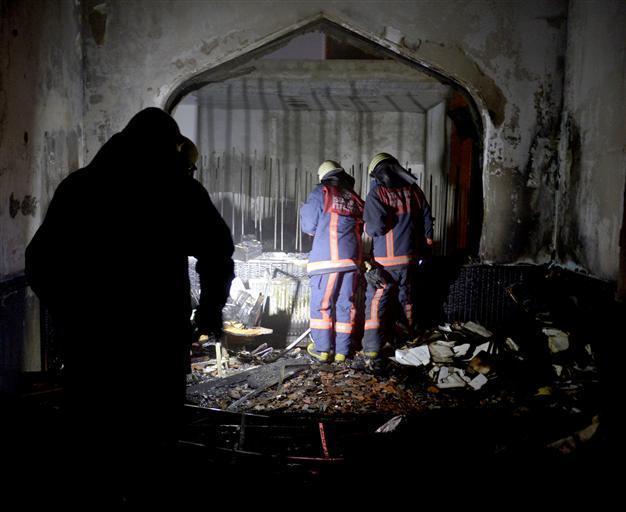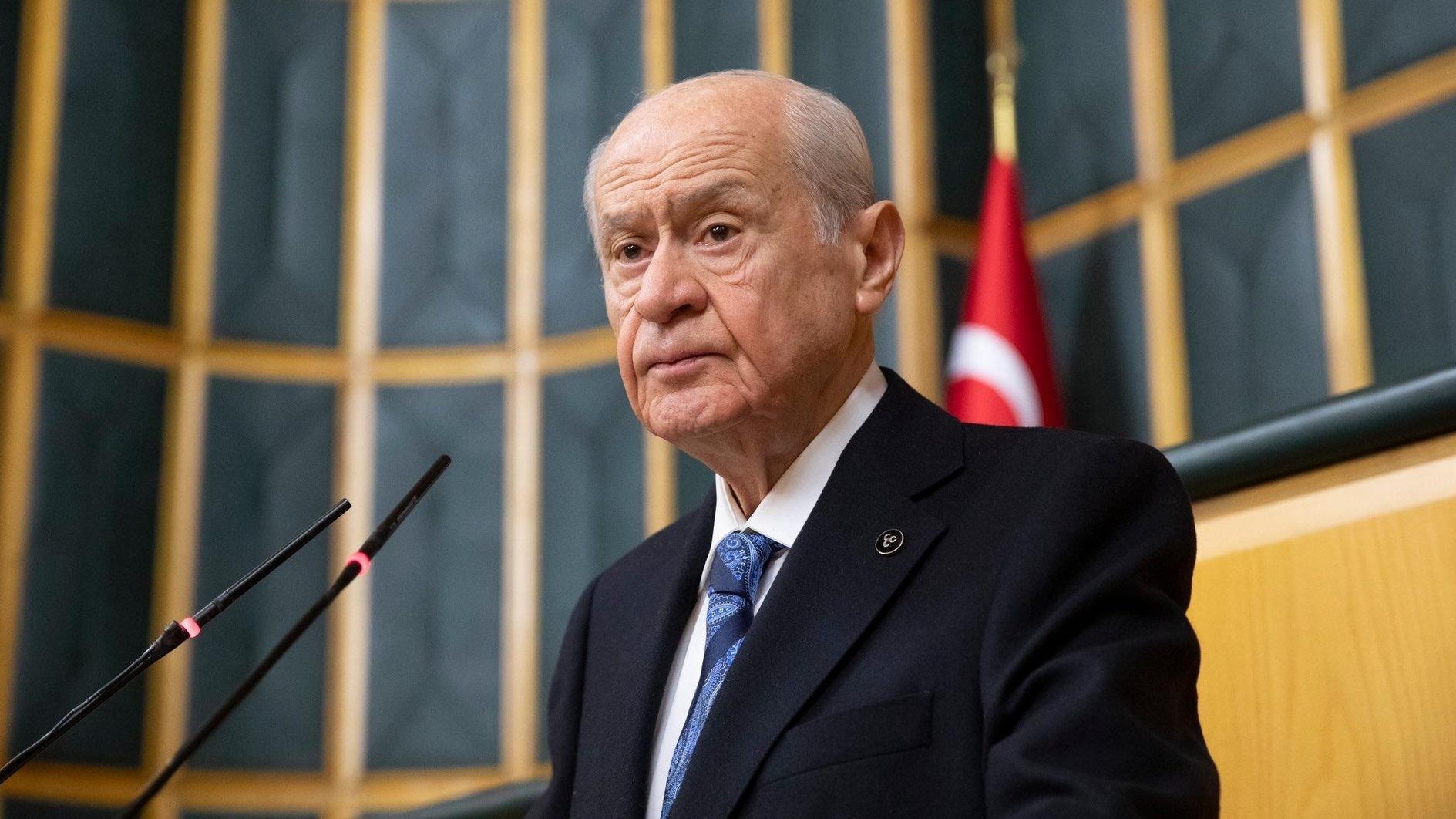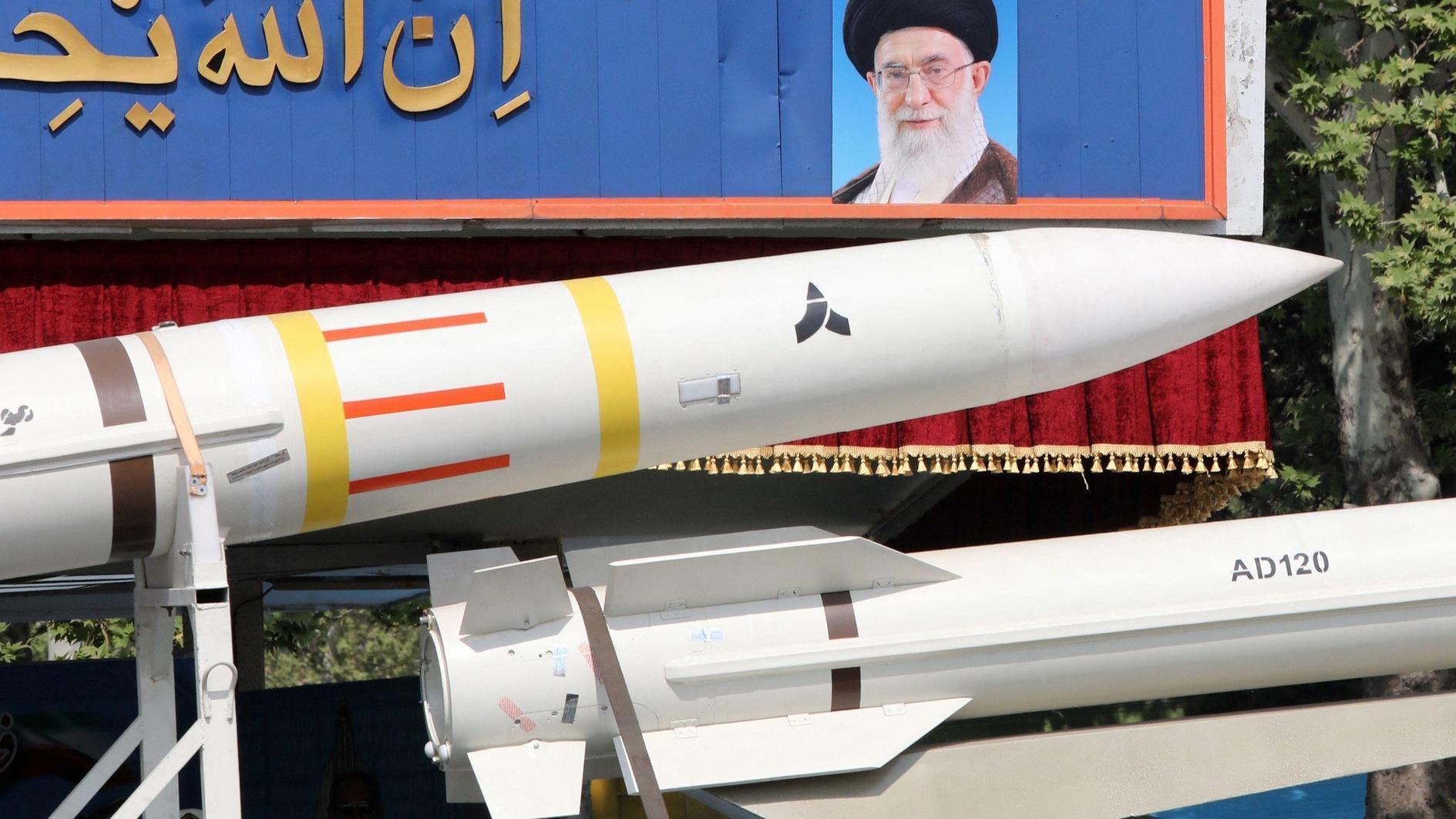ISIL ‘attacks Shiite mosque’ in Istanbul
ISTANBUL

AA Photo
Members of the Islamic State of Iraq and the Levant (ISIL) attacked a Shiite mosque in Istanbul last week, a human rights association has claimed in report, refuting official statements about the incident.On July 8, a fire caused significant material damage at the Muhammediye Mosque in the Esenyurt neighborhood of the city. Three Qurans and a 300-volume hadith collection were destroyed in the fire at the mosque, which belongs to the local community from the Ja’farite school of Shia Islam.
Turley’s Human Rights Association (İHD) prepared a report on the incident based on the testimonies of witnesses and official statements. The findings of the report were announced to the public on July 15 in a press conference at the İHD headquarters in Istanbul’s Beyoğlu neighborhood.
The report quoted Seçkin Çengeloğlu, a local police chief, who ruled out the possibility of arson. He described the fire as “a coincidence” that occurred during a burglary in which the clock of the mosque was stolen by a local drug user acting alone.
However, citing the testimonies of witnesses, including the imam of the mosque, İHD Istanbul head Abdulbaki Boğa said the report concluded that the fire was a “planned assault,” contradicting the official police statement.
Imam Hamza Aydın was quoted in the report as saying that an individual between the ages of 25 and 30 had visited the mosque with two teenagers 10 days before the fire, asking him which Islamic sect he belonged to. “You’re Shiite, you have no right to live, we will burn you,” the person reportedly told the imam after getting an answer.
The report concluded that ISIL was behind the fire, without presenting direct evidence linking the incident to the militant group.
“ISIL is in Istanbul now. We knew it, but this is their first attack against a belief group in Turkey,” claimed Hulusi Zeybel, a central executive board member of the İHD.
“The attack against Ja’faris is an attack with a political message,” Boğa added.
















